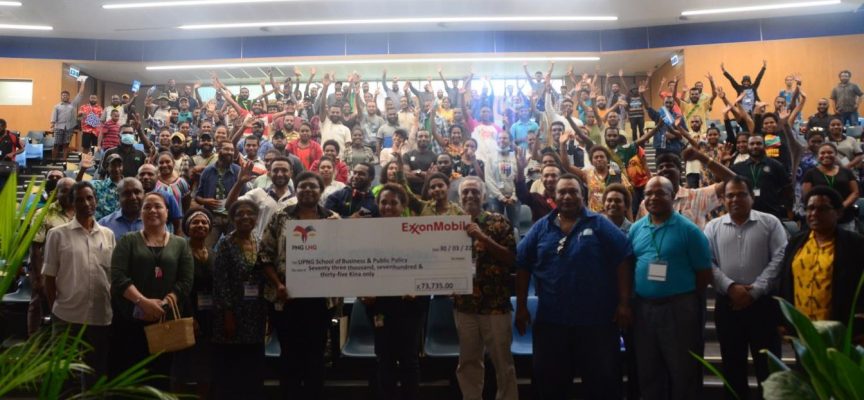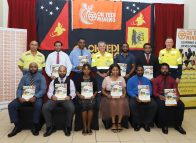Dr Lawrence Sause, the deputy executive dean of resources and planning at the University of Papua New Guinea School of Business and Public Policy, has said that PNG’s economy will not grow unless more people enter the business sector.
“There is a waste of opportunity for young people to contribute through business,” Dr Sause said.
He made the comments at a one-week entrepreneurial workshop aimed at encouraging students to think about business and develop specialist skills. Dr Sause is also leading the ‘Beyond the Text Book’ initiative at his school.
“There are a number of concerning factors. First is the sheer number of Grade 12 dropouts who go back to the communities and become part of the ordinary population and put pressure on services. If you bring it to the university level, the same can be replicated,” Dr Sause said.
“In the last ten years or so, we have seen increasing number of university students unable to find employment. If they did, the job did not match what they have been trained for. Graduates who cannot find formal employment is of great concern.”
Dr Sause added that another damper and area for concern was the limited size of Papua New Guinea’s private sector. “The largest employer is still the Government,” he added.
He urged people to explore the possibilities presented by business and said that it was essential for the country. “PNG’s economy cannot grow. The economy will not develop unless we have more people getting into business, commerce, and industry and expand our economic base.
“We have to generate a lot of money, make a lot of things and export, and generate a lot of revenue for the Government, and in turn, the Government can sink the revenue back to the people and social services. That is when the country grows,” Dr Sause said.
Photo caption: The Planning and Contribution Supervisor from Exxon Mobil PNG, Ms. Belinda Gurra, was pleased to present a cheque for K73 735 to Prof. Pillai on Wednesday, 30 March, to support the School’s inaugural session of the “Beyond the Textbook” initiative. Image credit University of Papua New Guinea









